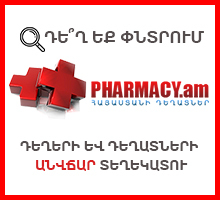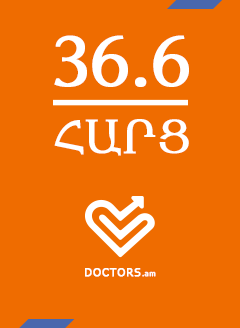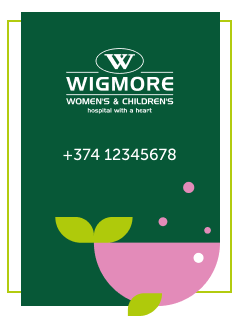For years, scientists have been trying to sort out the role oxytocin plays in autism. The developmental disorder affects one in 68 U.S. children, causing social and communication deficits, repetitive behaviors and sensory problems. Oxytocin, which functions in the blood as a hormone and in the brain as a neurotransmitter, has long been known to have roles in enhancing social ability. Based on research in animal models, some people have speculated that oxytocin deficiency might contribute to autism. But prior human studies of the purported connection have produced a confusing picture.
The previous hypotheses saying that low oxytocin was linked to autism were maybe a little bit simplistic. It’s much more complex…
Now, a new Stanford paper publishing online this week in Proceedings of the National Academy of Sciences adds interesting details to our understanding. The study is the largest ever to examine blood oxytocin levels in children with autism and two comparison groups without autism: kids who have autistic siblings and children who do not have siblings with autism.
The researchers found the same range of blood oxytocin levels across all three groups, with similar numbers of children with low, medium and high oxytocin levels in each category. Although, as expected, the kids with autism had social deficits, blood oxytocin level was clearly linked to social ability within each group. Children with autism who had low blood oxytocin had poorer social ability than autistic children with high blood oxytocin, for example, and typically developing kids with low blood oxytocin also had poor social ability compared to other typically developing children.
From our press release on the research:
“It didn’t matter if you were a typically developing child, a sibling or an individual with autism: Your social ability was related to a certain extent to your oxytocin levels, which is very different from what people have speculated,” said Antonio Hardan, MD, professor of psychiatry and behavioral sciences and the study’s senior author. Hardan is a child and adolescent psychiatrist who treats children with autism at [Lucile Packard Children's Hospital Stanford].
“The previous hypotheses saying that low oxytocin was linked to autism were maybe a little bit simplistic,” he said. “It’s much more complex: Oxytocin is a vulnerability factor that has to be accounted for, but it’s not the only thing leading to the development of autism.”
The findings suggest that, although oxytocin deficiency may not explain all cases of autism, some kids with autism may still benefit from oxytocin-like medications. The researchers caution that their study needs to be repeated with measures of oxytocin in cerebrospinal fluid, since this liquid that bathes the brain may give better information about the nuances of oxytocin biology.
A Duke University scientist commented for a story on NPR’s health blog, Shots, about what the findings imply for the potential value of oxytocin therapy:
“It could be that if a kid has low oxytocin levels then they might benefit,” says Simon Gregory, a genomics researcher at Duke University who was not involved in the study. He is part of another group investigating the use of oxytocin to treat people with autism.
Gregory says it’s not surprising that children with autism have widely varying levels of oxytocin. “Autism isn’t a disease, it’s a spectrum” that can’t be linked to any one cause, he told Shots.
Stanford’s research team is also doing more work to clarify further details of the biology of oxytocin in autism.

















